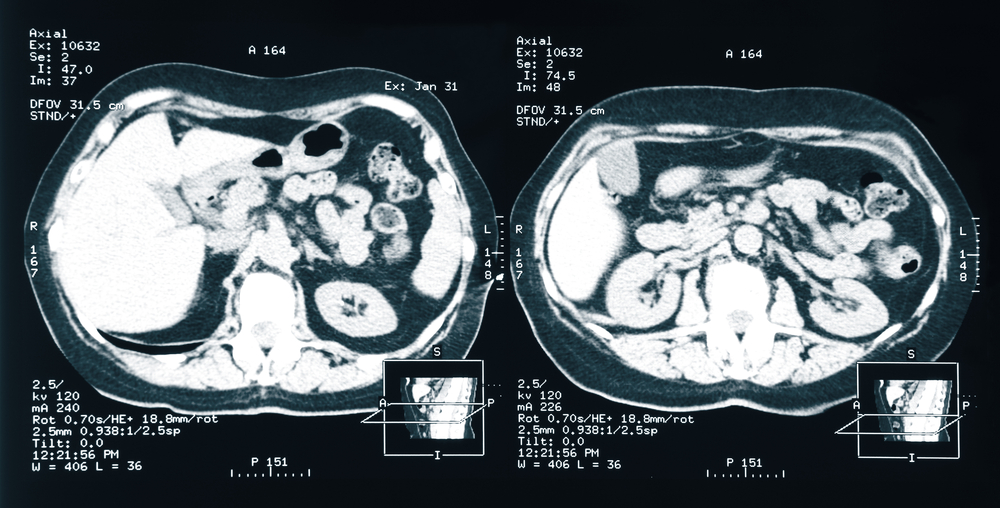In a recent study entitled “Detection and localization of deep endometriosis by means of MRI and correlation with the ENZIAN score,” authors determined the accuracy of the ENZIAN score and its correlation with MR imaging in detecting deep endometriosis. They observed 95% accuracy between ENZIAN score and MRI allowing surgeons to obtain a correct preoperative view of deep endometriosis. The study was published in the European Journal of Radiology.
Endometriosis is characterized by the growth of endometrial tissue outside the uterine cavity and the disorder manifests with a wide range of symptoms, including chronic and invalidating pelvic pain. Endometriosis leads to irreversible anatomic and functional alterations in the women’s reproductive system and is the cause of infertility in 30% of women.
Patients with deep endometriosis have been successfully diagnosed with Magnetic Resonance Imaging (MRI), and it has been previously reported that MRI is a useful technique to guide laparoscopy (a surgery where a thin, lighted tube is inserted via a small incision in the belly to look at the abdominal organs or the female pelvic organs) under the American Fertility Society (AFS) classification. However, AFS has limitations when considering the detection of deep endometriosis and a new system was introduced — the ENZIAN score — as a more accurate way of registering deeply infiltrating endometriosis. While the ENZIAN score has been suggested as a powerful supplement to the revised AFS score in cases of deep endometriosis, its correlation with MRI is still to be addressed.
In the current study, authors determined the correlation level between ENZIAN classification and MRI when compared to findings obtained by histology. They performed a retrospective study with 115 patients which were previously diagnosed with tubo-ovarian and/or deep endometriosis (as determined by physical examination and transvaginal ultrasound) and when cases were accompanied by MRI and histopathological data (either obtained by laparoscopic or surgical treatment).
The authors noted that MRI correlates with the ENZIAN score with an accuracy of 95% in detecting and localizing deep endometriosis lesions. With this, they were able to reduce the false negative results to only 4% in patients with deep endometriosis and therefore allow surgeons to obtain an accurate picture of patients’ pathology before surgery.

